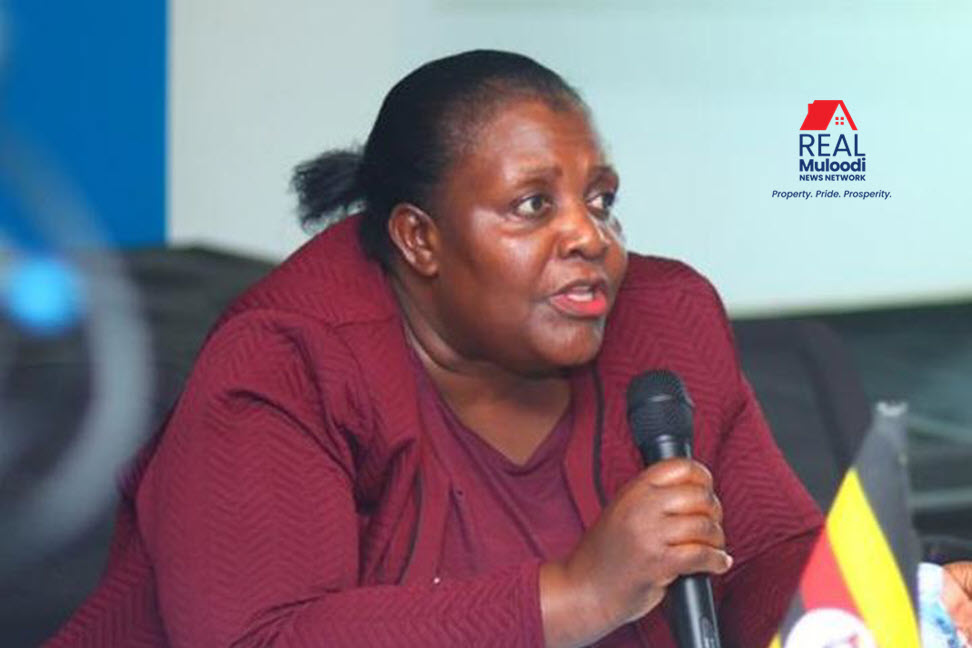UGANDA, Kampala | Real Muloodi News | Land and property cases are the most prevalent legal issues affecting marginalised people in Uganda, according to a tribunal law report from the Equal Opportunities Commission (EOC) covering the years 2021 and 2022.
The report revealed that such disputes made up 34% of the EOC’s caseload, with claims for unpaid entitlements accounting for 31% and discrimination and inequalities at work at 23%.
“The report shows that land and property disputes dominated the court at 34 percent, followed by claims for unpaid entitlements at 31 percent, discrimination and inequalities at place of work at 23 percent, neglect at 3 percent, then exclusion from social security for elderly persons, electoral malpractice and defamation, all at 2 percent,” report states.
The remaining cases concerned neglect, exclusion from social security for the elderly, electoral malpractice, and defamation.
The land and property cases detailed in the report included cases of trespass, destruction of property, non-compensation for land acquired by third parties, unlawful eviction and denial of access, and unfair access to matrimonial property.
Of the 56 cases resolved, 17 went through courts of law, while the other 39 were settled through mediation.
Harassment at work cases was referred to the industrial court, while non-payment of salary arrears cases were referred to another court.
“The cases referred were regarding harassment at workplace, which were referred to the industrial court, whereas the second one was about non-payment of salary arrears and was referred to another court,” the report adds.
The report noted that 57% of the cases were brought by 39 males, with 38% brought by 25 females. The remaining 5% were group cases.
Over half of the cases were from people living in Kampala City (55%), followed by five cases from Wakiso District (8%), and four from Hoima District. Thirteen other districts contributed one case each.
According to the report, most cases took a year or more to resolve, with 29% of cases taking over two years, 23% resolved within two years, another 23% resolved within one year, and the remaining 26% settled in less than a year.
The delay in case of disposal for up to two years by the EOC tribunal could be due to minimal staffing, challenges in obtaining witnesses, continued adjournments, and the number of times the tribunal visits upcountry locations for hearings and disposal of cases.
It could also depend on the circumstances of each case.
The report shows that land and property cases are increasing among marginalised communities because they lack information on how to access justice in such cases.
Chairperson of the parliamentary Legal Affairs Committee, Robinah Rwakojo, suggested that greater sensitisation was needed to educate people on land tenure types, how to do a land search, and how to acquire ownership.
“With sensitisation, people must know the types of land tenure, doing search on land and how to acquire ownership,” she said.
The EOC Chairperson, Sofia Nalule Jukko, speaking during the report’s launch in Kampala, attributed the high percentage of cases reported from Kampala City to the ease of accessibility, with EOC offices in the central region.
She added that delays in resolving cases could be minimised by addressing the challenges faced by the EOC tribunal.
“The delay in case disposal for up to two years by the EOC tribunal could be as a result of minimal staffing, challenges of getting witnesses, continued adjournments, number of times the tribunal visits upcountry locations for the tribunal hearings and disposal of cases and also depending on the circumstances of each case,” she said.
READ MORE LIKE THIS:



